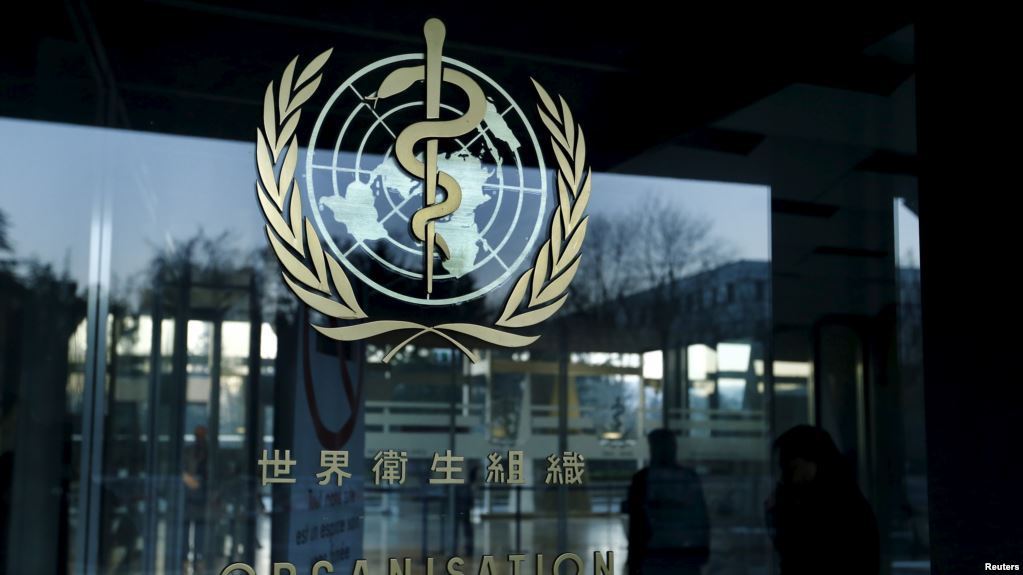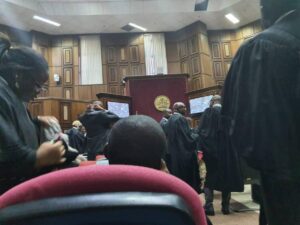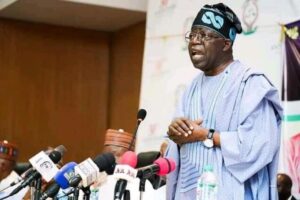
The World Health Organisation committee on gene editing has called on all scientists conducting human genome research to open discussions with the committee so as to ensure that their work meets current scientific and ethical best practices.
This call was made by the advisory committee set up by the health agency to develop a global standard for governance and oversight of human genome editing.
The committee was set up after the birth of the first gene-edited babies – the results of an experiment by a Chinese scientist, He Jiankui, were born.
Mr Jiankui had genetically altered human embryos and planted them in a woman who gave birth to twins last year.
Mr Jiankui’s action had caused alarm among researchers, ethicist, and policymakers because there is little known information about the safety and health effect of gene editing of a human embryo.
Genome editing is a method that lets scientists change the DNA of many organisms, including plants, bacteria, and animals.
Editing DNA can lead to changes in physical traits, like eye color, and disease risk. Scientists use different technologies to do this. More recently, a new genome-editing tool called CRISPR, invented in 2009, has made it easier than ever to edit DNA.
CRISPR is simpler, faster, cheaper, and more accurate than older genome editing methods. Many scientists who perform genome editing now use CRISPR.
Some of the concern raised is that the technology can be misused to create genetically altered human beings and heighten their physical features, intelligence among others.
Among those who voiced concerns were Bill Gates, the co-founder of Microsoft and a philanthropist.
In his 2018 wrap-up notes, Mr Gates warned that nobody is paying attention to gene editing, a new technology that could make inequity worse, especially if it is available only for wealthy people.
Mr Gates expressed surprise that gene editing had not generated more attention from the general public. He said it “might be the most important public debate we haven’t been having widely enough. I agree with those who say this scientist went too far but something good can come from his work if it encourages more people to learn and talk about gene editing,” he said.
Also in one of his tweets on the subject on his twitter handle last year, Mr Gates said “Genome editing is one of the most powerful technologies of the 21st century. It’s important that new tools such as CRISPR continue to be applied – subject to rigorous guidelines – so the world can continue to make remarkable progress”.
WHO guideline on gene editing
Based on the concerns, the WHO committee on gene editing, after a two-day meeting in Geneva, agreed to work towards a strong international governance framework in the area.
WHO Director-General, Tedros Ghebreyesus, said gene editing holds incredible promise for health, but it also poses some risks, both ethically and medically.
“This committee is a perfect example of WHO’s leadership, by bringing together some of the world’s leading experts to provide guidance on this complex issue. I am grateful to each member of the Expert Advisory Committee for their time and expertise,” he said.
The committee, after reviewing the current state of science and technology, agreed that it is irresponsible at this time for anyone to proceed with clinical applications of human germline genome editing.
The panel advised that a central registry on human genome editing research is needed in order to create an open and transparent database of ongoing work and tasked WHO to immediately begin working to establish such a registry.
Also, the panel has invited all those conducting human genome editing research to open discussions with the committee to better understand the technical environment and current governance arrangements and help ensure their work meets current scientific and ethical best practice.
“The committee will operate in an inclusive manner and has made a series of concrete proposals to increase WHO’s capacity to act as an information resource in this area,
Soumya Swamanathan, WHO Chief Scientist, said the committee will develop essential tools and guidance for all those working on this new technology to ensure maximum benefit and minimal risk to human health.
WHO said over the next two years, through a series of in-person meetings and online consultations, the committee will consult with a wide range of stakeholders and provide recommendations for a comprehensive governance framework that is scalable, sustainable and appropriate for use at the international, regional, national and local levels.
The committee will also solicit the views of multiple stakeholders including patient groups, civil society, ethicists and social scientists.
You may be interested

PSG To Reignite Interest In Osimhen
Webby - December 21, 2024Paris Saint-Germain have contacted Napoli to discuss signing Victor Osimhen in January, according to reports in France.It is reported that…

Arteta Provides Injury Updates On Five Arsenal Players Ahead Palace Clash
Webby - December 20, 2024Arsenal manager Mikel Arteta has revealed that Declan Rice and Riccardo Calafiori are both available to be in the Gunners…

Carabao Cup: Spurs Edge Man United In Seven-Goal Thriller To Reach Semi-finals
Webby - December 19, 2024Tottenham Hotspur edged Manchester United 4-3 in the quarter-finals of the Carabao Cup on Thursday.Spurs raced to a 3-0 lead…




















![American Pastor, David Wilson Seen Eating The Box Of Woman Who Isn’t His Wife [Video]](https://onlinenigeria.com/wp-content/uploads/2019/10/american-pastor-david-wilson-seen-eating-the-box-of-woman-who-isnt-his-wife-video-150x150.jpg)








